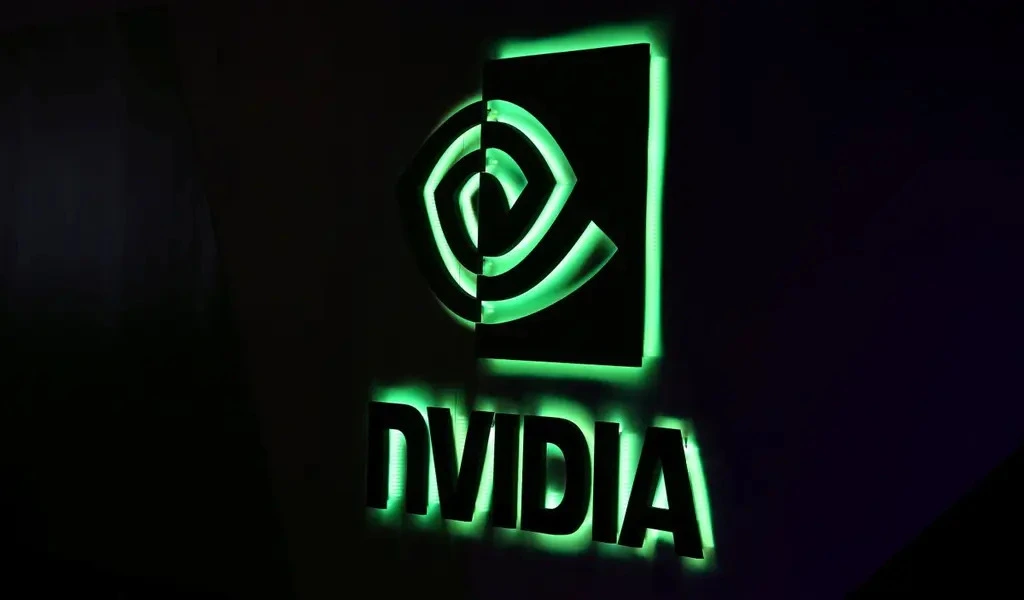(CTN News) – Since the US added a NVIDIA major reseller to its export blacklist, Chinese companies no longer have access to one of the country’s largest distribution channels for NVIDIA processors, strengthening Washington’s efforts to curb China’s artificial intelligence (AI) development as well as pushing more Chinese companies to use local alternatives.
Four Chinese companies were added to the US Entity List on Wednesday for allegedly assisting China’s military to acquire AI chips, according to a Federal Register post.
A US commerce department export enforcement official told a Senate subcommittee that the firms were “involved with providing AI chips to China’s military modernization programs.”
A Chinese ministry of commerce statement called the US sanctions “abusive” and “an attempt to weaponize export controls.”
People with direct knowledge of the matter, who declined to be named because they are not authorized to speak to the media, said Sintonholy is one of few “elite-level” Nvidia data centre product providers in China, having retained its franchise rights for maintaining strong sales year after year.
Since Nvidia is prohibited from exporting its high-end A100 and H100 graphics processing units (GPUs) to China, which have become sought-after for AI training, it has developed new replacements for China-based clients, such as the H20, L20, and L2. The US blacklisting has, however, forced Sitonholy to sell mostly domestic chips instead of Nvidia products going forward, sources said.
Among Huawei’s data-centre solutions, Sitonholy distributes Ascend 910B AI chips, an alternative to Nvidia’s A100 GPUs.
Huawei’s 910B performed at 70 percent of Nvidia’s A100 level in various tests.
In the case of Sitonholy being blacklisted, it is not immediately clear if Nvidia will fulfill orders placed through it. Saturday, Sitonholy was unable to be reached for comment. In order to ensure industrial and national security, China has accelerated the substitution of foreign chips and software with domestic products.
Harmony OS, Huawei’s home-grown hardware and software solution, is crucial to creating an ecosystem for home-grown hardware and software.
Chinese foundry Semiconductor Manufacturing International Corporation (SMIC) produced the 7-nanometer-grade mobile system-on-a-chip for the company’s 5G smartphone last year, defying US sanctions.
Over 600 Chinese companies have been added to Washington’s export control lists, preventing US suppliers from shipping goods and technologies to these firms.
SEE ALSO:
Informatica And Salesforce Are In Advanced Talks About a Merger
⚠ Article Disclaimer
The above article is sponsored content any opinions expressed in this article are those of the author and not necessarily reflect the views of CTN News






